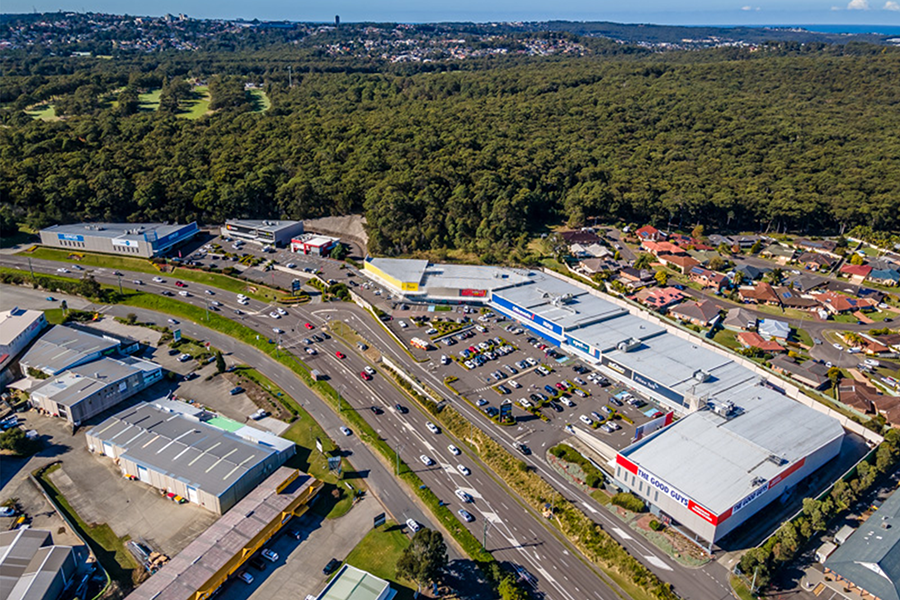It’s been more than two months since Australia’s national retail groups and shopping centre landlords united in a call for a set of retail leasing principles with the implementation of a national Code of Conduct for retail leasing that assists both retailers and landlords. The purpose of the Code is to impose a set of good faith leasing principles for commercial tenancies between owners/operators/other landlords and tenants, in circumstances where the tenant is a small-medium sized business with an annual turnover of up to $50 million.
The Shopping Centre Council of Australia (SCCA) said shopping centre owners and SME retailers are making progress on rental assistance discussions and agreements during the COVID-19 pandemic period under the Commercial Tenancy Code of Conduct announced by the Prime Minister on 7 April 2020.
The Code has only recently been fully enacted across all states and territories, starting with the NSW regulation on 24 April through to the gazettal of the Queensland and Western Australian regulations late last week.
A recent survey of SCCA members highlighted that more than 5,000 offers, in-principle agreements or agreements for rental assistance have been reached with SME retailers up to mid-May. SCCA member portfolios and centres vary in their tenancy mix, location, and composition of SME retailers affected by COVID-19, however for some members the offers or agreements on rental assistance to date reflect 45% of requests from SME retailers, while for others it’s a different proportion.
SCCA Executive Director Angus Nardi said: “It’s pleasing that shopping centres and SME retailers are continuing to work together to keep the economy moving, particularly as momentum builds in consumer confidence, foot traffic and store reopenings. There are literally thousands of examples of SME retailers and shopping centre owners sitting down, looking at the information and reaching agreements that are proportionate and fair, and benefit both parties over the long term”.
“Importantly, security of occupancy for SME retailers was assured by SCCA members in late March when industry voluntarily decided to put a six-month moratorium on the termination of leases for the non-payment of rent. The Code also provides various safeguards for SME retailers.”

Approximately 70 – 80% of retailers are now open across Australia’s major shopping centres, and foot traffic increasing over recent weeks
Cafés, food catering and takeaway (30%), retail services (e.g. hair, beauty, nails, shoe repairs) (23%) and clothing and footwear (13%) are the sectors that account for the largest proportion of offers or agreements for rental assistance to date, with many of these SME retailers being affected by mandatory government gathering and trading restrictions.
Newsagent, pharmacy and cosmetics, homewares and entertainment businesses each accounted for less than 5% of rental assistance offers or agreements made by SCCA members to date, highlighting that some sectors have performed better than others during the pandemic. Some SME retailers have not made requests for rental assistance.
So far, Victoria (33%) and New South Wales (31%) account for almost two-thirds of offers, with other jurisdictions expected to account for more offers and agreements in the future as negotiations continue following the recent full enactment of the Code of Conduct across all jurisdictions.
“Pleasingly, there are some green shoots of recovery and positive momentum, with approximately 70 – 80% of retailers now open across Australia’s major shopping centres, and foot traffic increasing over recent weeks,” said Nardi.
“As we work our way through the retail recovery, our industry remains focused on balancing increased consumer confidence, foot traffic and retail trading with the necessary health precautions and protocols, including in line with our Retail Recovery Protocol released on 1 May jointly with the Shop Assistant’s Union, National Retail Association, Pharmarcy Guild of Australia and Australian Retailers Association”.





















